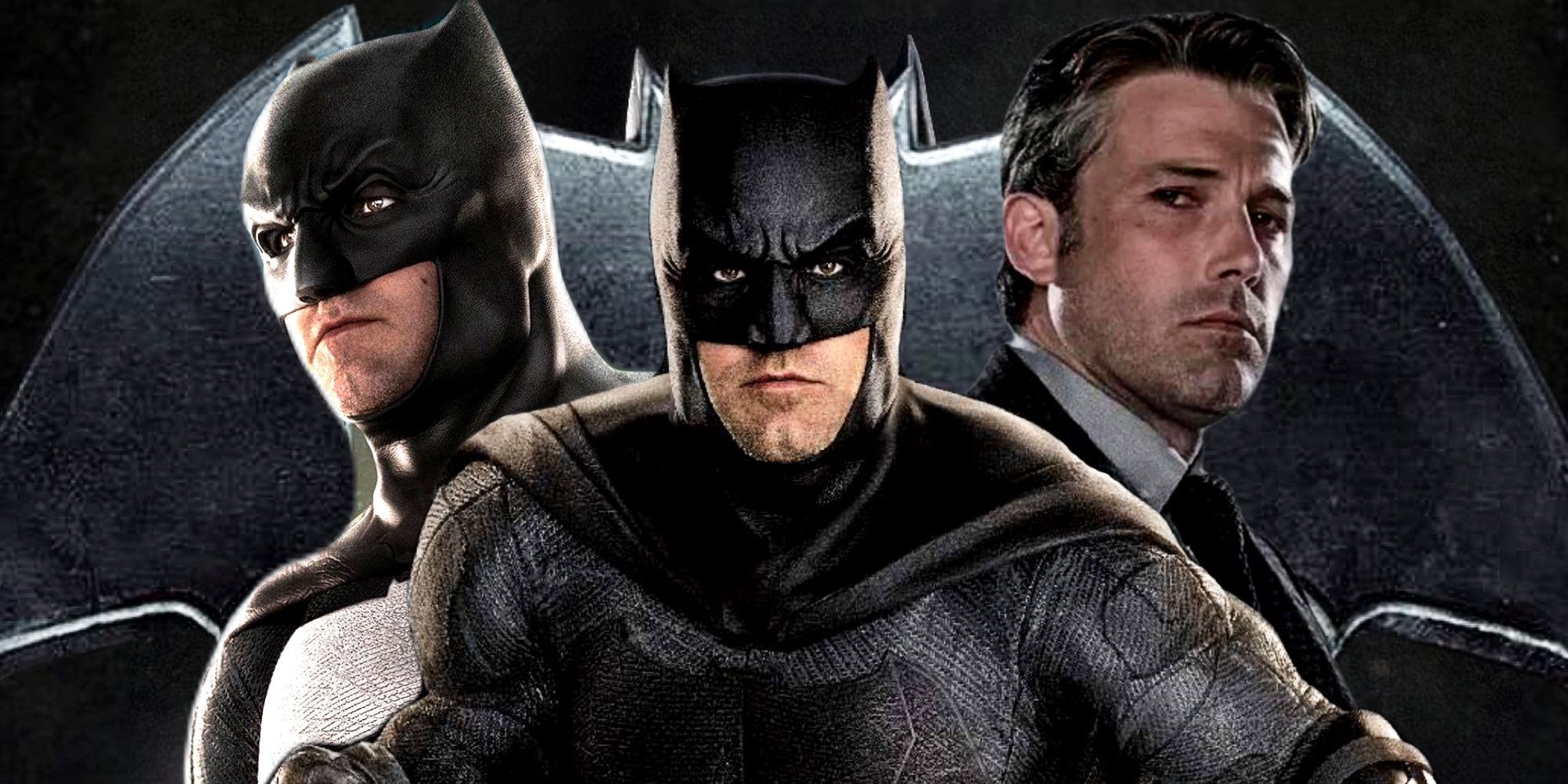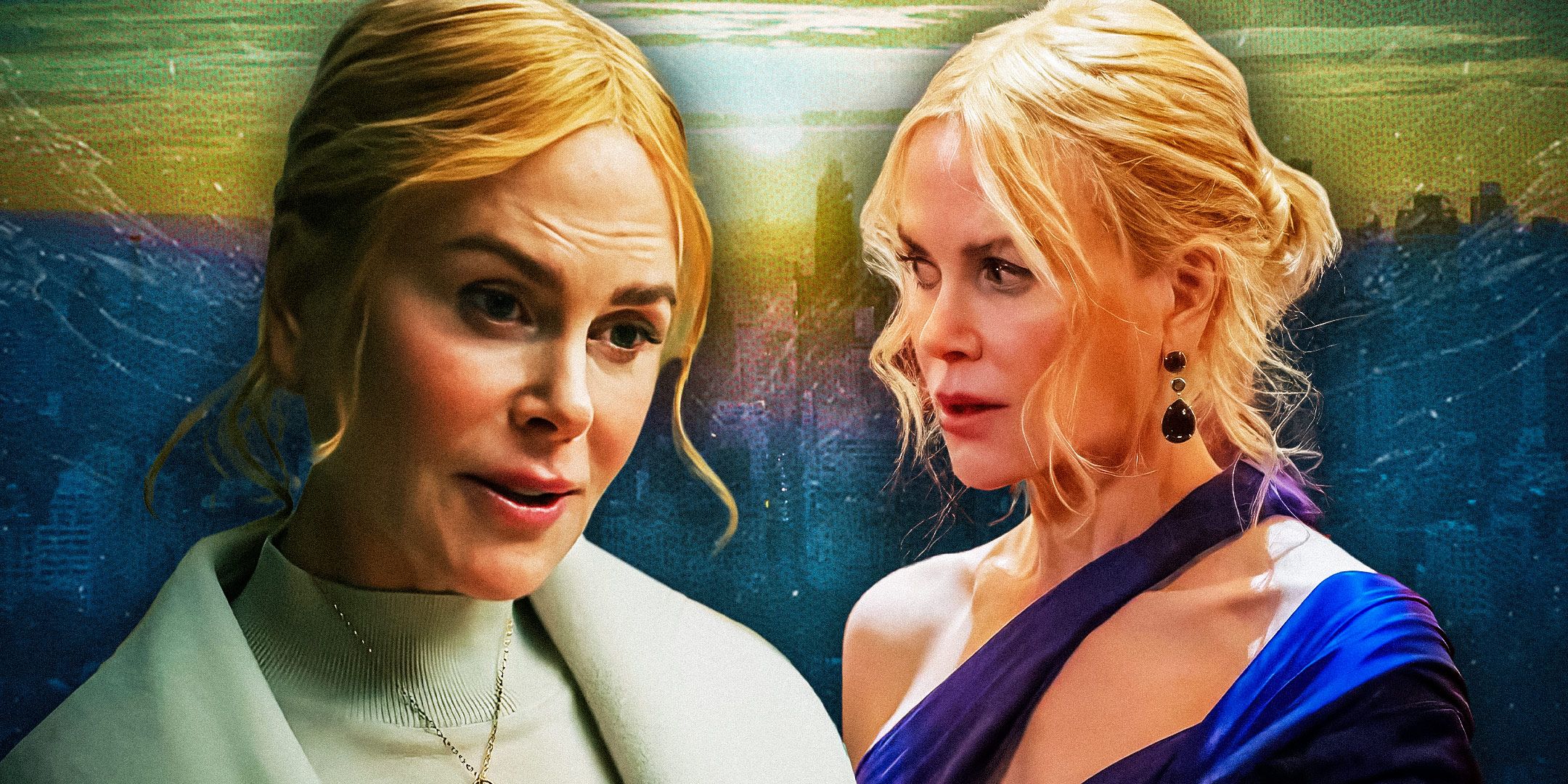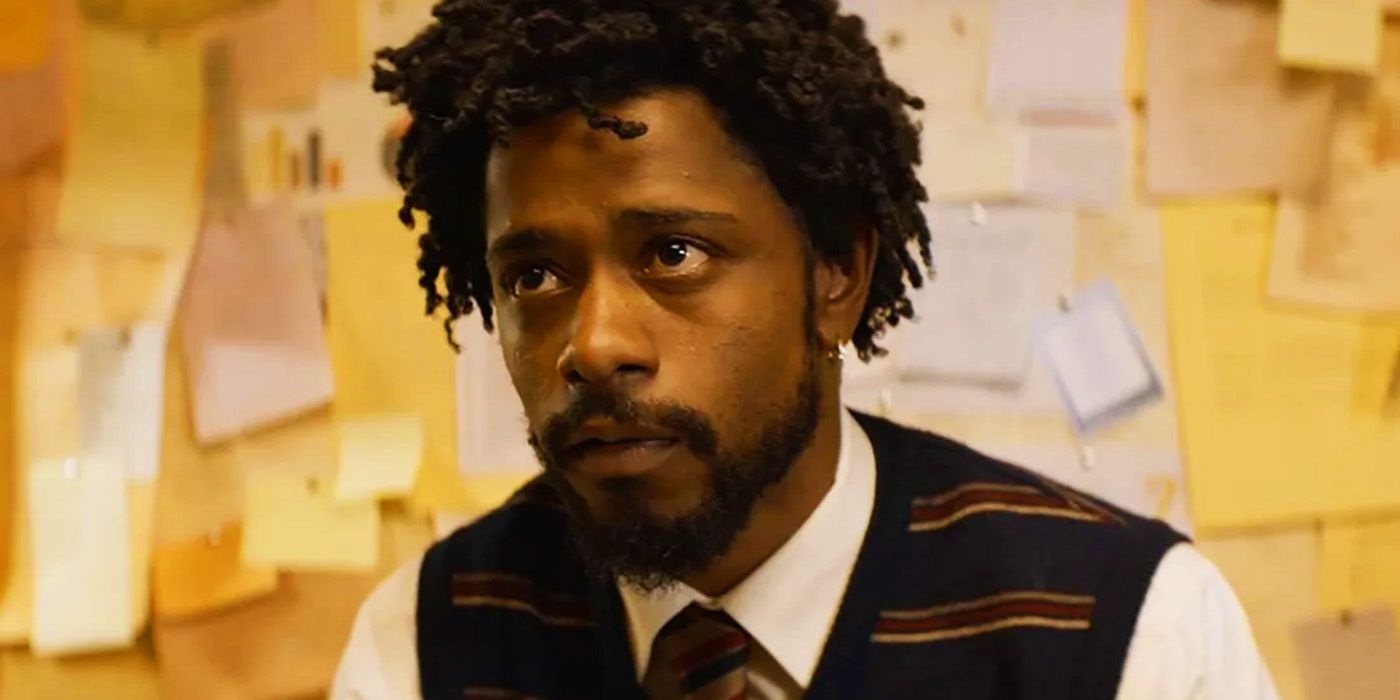Richard Price, 75, is a screenwriter and author whose books include the 600-page drug-war epic Clockers (1992), which was filmed by Spike Lee and inspired the HBO crime drama The Wire, co-written by Price. Michael Chabon has called him “one of the best writers of dialogue in the history of American literature”. Born and raised in the Bronx, he lives in Harlem – the setting for his new novel, Lazarus Man, in which four strangers cross paths amid the collapse of a tenement block.
The book’s acknowledgments mention its “incredibly long gestation”...
I signed the contract to write this 17 years ago; if it was a baby, it’d now be applying to college. I’d just written Lush Life, a sort of panorama of the Lower East Side of Manhattan, and I wanted to try to do the same for Harlem, but I’d only just moved there. New York City is 1,000 cities – move five blocks, you’re in a different one – so I had to live there a while to pick up the nuance. Plus, I was in a new relationship and it took about two years to calm down: it’s not just get up, write, sleep, get up, write, sleep, you know. And I needed dough – you can’t live on royalties from a novel – so I was doing TV serials. Also, honestly, I was intimidated: I’m a white writer in a time where people are very sensitive to who gets to write the stories of who. When I wrote Clockers, there wasn’t that policing of language; the whole world became hyperconscious, probably in a good way.
What drew you to 2008 as the setting?
To bypass all that. I didn’t want to write about Trump, I didn’t want to write about Obama; I’d just be repeating what everybody knows.
Why isn’t crime the focus, the way it is in your other novels?
Those books were big-bazooka books full of people going batshit. It was like, slow down, man, I’m older, I can’t run as fast; I’m lucky if I can run at all! I got into having a crime in the middle of a book because I was trying to write panoramic, and a criminal investigation brings in people from all walks of life. With this one, I didn’t want to get into cops and robbers; the tenement collapse was another way to go about a cross section. It’s more relaxed. I had a lot of life under my belt since 2008. To publish a novel is not life or death any more.
But it once was?
Clockers was very frightening to me because of the ambition in it. The frame of reference for the first four novels I wrote before that was basically myself – by the fourth one [The Breaks, 1983], even I was bored. For eight years I did movies and TV. Then, at the height of the crack era, I spent time on a New Jersey housing project very similar on the outside to the one where I was raised. I’d been a cocaine addict: like, middle-class cocaine-sniffing in the 80s, but it haunted me – it still haunts me now – and this crack was 10 times more crazy-making. Cocaine had become Satan incarnate. Between the poverty and addiction I saw [on the project] and the world I saw doing ride-alongs from the back of a police car [for research], I just finally wanted to write something and it was too complex for a screenplay. I thought, OK, I’m going back to novels. The difference was I left myself out.
So has writing become easier for you, the longer you’ve worked?
Every bookstore should be knee-deep in blood because of what writers go through. Some people don’t have a problem but I’d say most do. I don’t like to write. I just don’t – it’s too much anxiety, too much second-guessing of myself, too much fretting.
Is it the same with screenplays?
A screenplay is a surrendering of ego. It’s 120 pages of Post-it notes shaping a pyramid with X number of characters at the base, who all have to reach the tip in two hours: no prose, no narrative voice, just “he does this”, “she says that”, “it’s night”, “it’s day”. At first, they wanted me to do screenplays because my dialogue was attractive to Hollywood, but in a screenplay, dialogue is nothing. You can write the most crap lines and an actor will just figure out how to say it. With a novel, you’re the studio, the director, the actor. At the end of the day, I’d much rather do that – but when I’m writing a novel, I wish I was writing a screenplay, and when I’m writing screenplays, I’m like, “Goddamn, I hate this shit, I wish I was writing a novel!”
Tell us what you’ve been reading lately.
Give me a good old high-class genre book and I’m happy; I don’t want to learn a new way to be, or a new way to tell a story. I just discovered the half-forgotten horror writer Robert Aickman. He’s very good because he’s very indirect: you never see the thing that’s causing all the hell, and he’s got a good conversational narrative tone.
Which books first inspired you?
In high school, a lot of urban writing – Manchild in the Promised Land by Claude Brown, Down These Mean Streets by Piri Thomas – which I was compelled to read because almost none of the writing [taught] in a New York City public school system took place in an urban environment. Social fiction was good for a kid wanting to gobble up a world that reminds him of his own, but after a while it was too stolid. Then I read Hubert Selby Jr’s Last Exit to Brooklyn: it was the same world but infected with jazz. Something in it triggered the rhythms of my instincts about how I’d like to write. Dialogue that sings; sentences that make you go: “Where’d this word come from?”
after newsletter promotion
What are you working on now?
TV pilots. One is about lifeguards – I can’t even swim across a bathtub – and the other is about an LAPD cadet programme, where these 15-year-old kids figured out how to steal police cars and were joyriding for months until two of them crashed into each other. I have to spend a lot of time interviewing people, but that’s the big thing I learned from my first script, The Color of Money [1986]. I didn’t know anything about pool but I went out and met pool players and discovered you don’t have to have a PhD in pool hustling to make it up. You just have to know just enough. That got me ready for Clockers. I don’t need to know how to bust 7,000 kilos of cocaine from Cuba to Miami; I just want to know what the small talk is like.

 1 week ago
5
1 week ago
5








 English (US) ·
English (US) ·